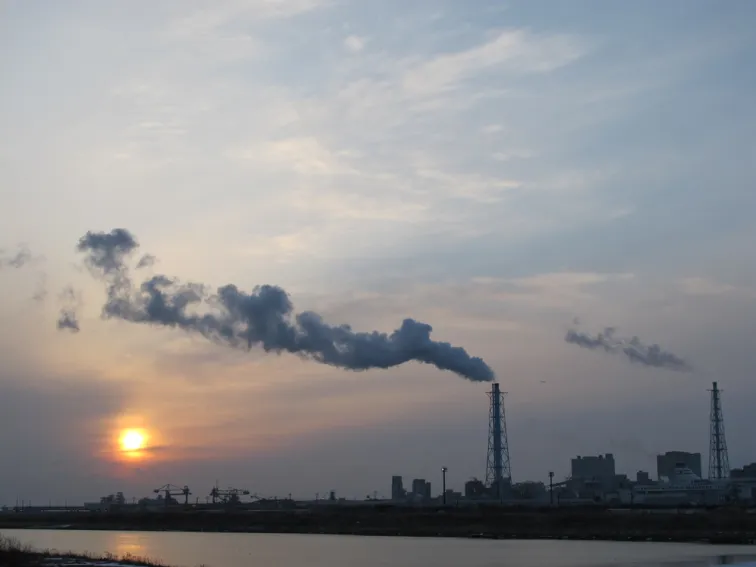
Can Japanese banks hold onto their coal-free promises?
The big three have provided $8.6b in financing aid to the coal power sector from 2015 to 2017.
Due to local and global pressure, Japan’s financiers and banks pledged to curb coal financing and start investing in renewables, and that will be put to the test with three plants in Vietnam, Mongolia, and Botswana. The three plants, which have a combined capacity of 2,070MW, run the risk of a financing pullout.
Amongst these projects are Vietnam’s Vung Ang 2, Van Phong 1, and Nam Dinh 1 projects that have the backing of all three of Japan’s largest banks — Sumitomo Mitsui Banking Corp (SMBC), Mitsubishi UFJ Financial Group (MUFG), and Mizuho Financial Group (Mizuho). The three are amongst the heaviest backers of coal projects in the country.
$8.6b in coal
The 2018 Banking on Climate Change report estimates that SMBC, MUFG, and Mizuho have provided a combined $8.6b in financing aid to the coal power sector from 2015 to 2017. However, heightened scrutiny over their pro-coal policies has prompted the country’s Big 3 to tighten their coal-financing policies last May 2018 in a move that signals a long overdue shift towards cleaner energy finance.
In its updated coal policy, SMBC said that it will be limiting financial support to coal-fired power plants that use ultrasupercritical such as those with a steam pressure >240 bar and >593 degrees steam temperature or emissions < 750g CO2/kWh. MUFG Bank, on the other hand, indicated that it will refer to international guidelines such as the OECD Arrangement on Officially Supported Export Credits, in the provision of coal power financing.
On its part, Mizuho did not categorically state how it will limit coal investments but only stated that the part of “primary considerations is whether the use of greenhouse gas-producing technology is appropriate due to economic necessity when compared to feasible alternative technologies which offer similar levels of energy efficiency.”
However, it was implied that it is also applying international guidelines in terms of financing projects with ultrasupercritical technology.
It all sounds good on paper but Market Forces suggested that banks have a lot to lose should they follow through with this pledge. SMBC and MUFG’s new coal policies rule them out of 27% and 31% respectively of the prospective new coal power projects by capacity whilst Mizuho would be ruled out of 40% of the projects by capacity.
“The only projects that would remain are ultrasupercritical. Where the technology type is unknown, it is assumed that the banks would be ruled out of these projects if it becomes evident that they are subcritical or supercritical,” Market Forces added in the report.
Slowly but surely, Japanese banks are going greener as they place more emphasis on renewables projects with MUFJ and SMFG steadily becoming two of the largest lead arrangers globally for clean energy asset financing amidst steady strides in Europe and Taiwan.
“It is therefore imperative that Japanese commercial banks show leadership to redirect finance away from all polluting coal projects through policy and practice,” Market Forces added. “These policies should therefore only be seen as a first step, albeit a significant one, towards further policy change.”








![Cross Domain [Manu + SBR + ABF + ABR + FMCG + HBR + ]](https://cmg-qa.s3.ap-southeast-1.amazonaws.com/s3fs-public/styles/exclusive_featured_article/public/2025-01/earth-3537401_1920_4.jpg.webp?itok=WaRpTJwE)
![Cross Domain [SBR + ABR]](https://cmg-qa.s3.ap-southeast-1.amazonaws.com/s3fs-public/styles/exclusive_featured_article/public/2025-01/pexels-jahoo-867092-2_1.jpg.webp?itok=o7MUL1oO)









 Advertise
Advertise


